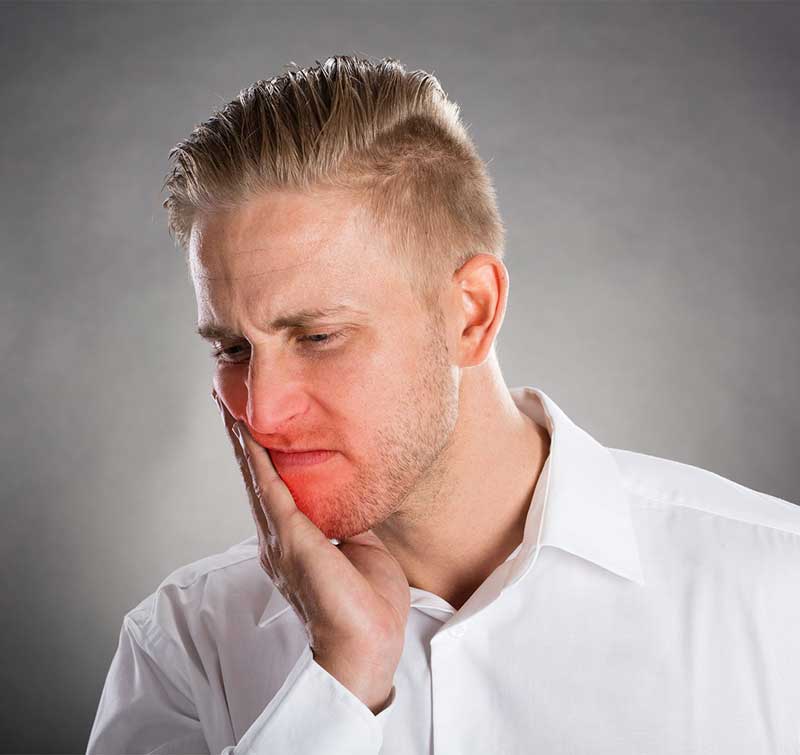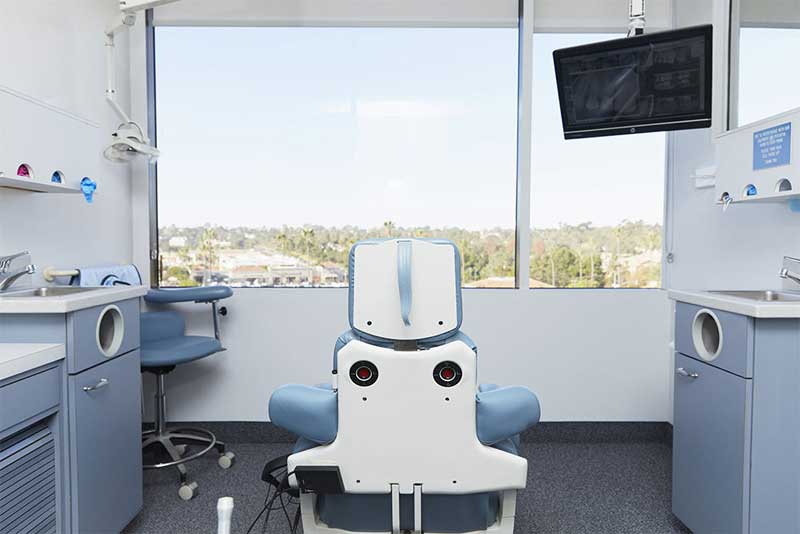What to Do If You Have a Dental Emergency
Ignoring dental problems — whether due to accident, decay, or infection — can lead to serious problems. In the event of a true dental emergency, acting quickly and knowing what to do could mean the difference between saving a tooth and living with permanent damage.


Quick Tips for Common Dental Emergencies
Knocked Out Tooth
Locate the tooth and, if dirty, rinse it in water only. Do not remove attached tissues. Put it back into place, if possible. Do not force a tooth into its socket. If it doesn’t fit, store it in milk, saliva, or a tooth-saving product. Get to the dentist as soon as possible. After 60 minutes, teeth don’t have much chance of being saved, which can lead to costly repairs.
Cracked or Chipped Teeth
After cracking a tooth, rinse your mouth with warm water and apply a cold compress to prevent swelling. If you chip your tooth, try to collect any pieces you can find and head to the dentist right away.
Tooth or Endodontic Abscess
An abscess, pocket of pus, develops due to an untreated infection in the gums or near a tooth’s root. Left untreated, abscesses become painful, lead to fever, can cause bone damage, and lead to blood infections. If you have a sore, swollen gum or a foul taste/smell in your mouth, you should see your dentist right away.
Tooth Ache
Tooth aches occur for lots of reasons from cavities to exposed dentin. If you’re experiencing pain, you’ve likely had a problem for a while. Schedule an appointment as soon as possible.
Signs You Need to See a Dentist Right Away
While some dental traumas and concerns are clearly visible, others can occur below the gum line. Signs and symptoms of a dental emergency include the following:
- Mouth or facial swelling
- Experiencing pain following an impact
- Swelling or knots in the gums
- Uncontrolled bleeding in the mouth
- Loose tooth
- Severe pain that is not relieved with pain medication
If you’re ever uncertain whether an issue is an emergency, contact Schaffer Dental Excellence right away. Over the phone, we can help you determine whether you need to come in as soon as possible or if a scheduled appointment will suffice.



